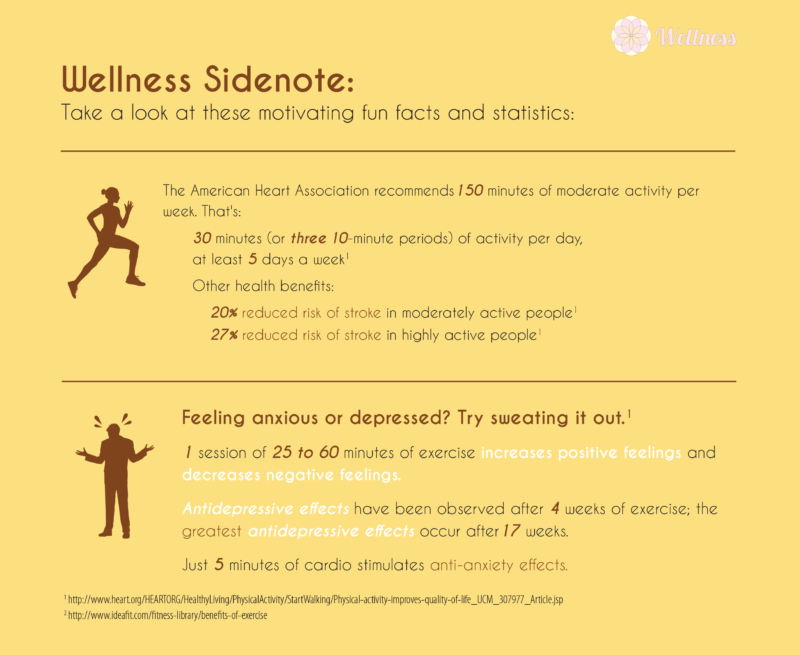California Legislature Reacts to Supreme Court’s Blow Against Unions
By Jason Fischbein and Joss Teal
On June 27, 2018, the United States Supreme Court issued perhaps the most significant decision to impact collective bargaining this century in Janus v. American Federation of State, City, and Municipal Employees, Council 31 (AFSCME).1









